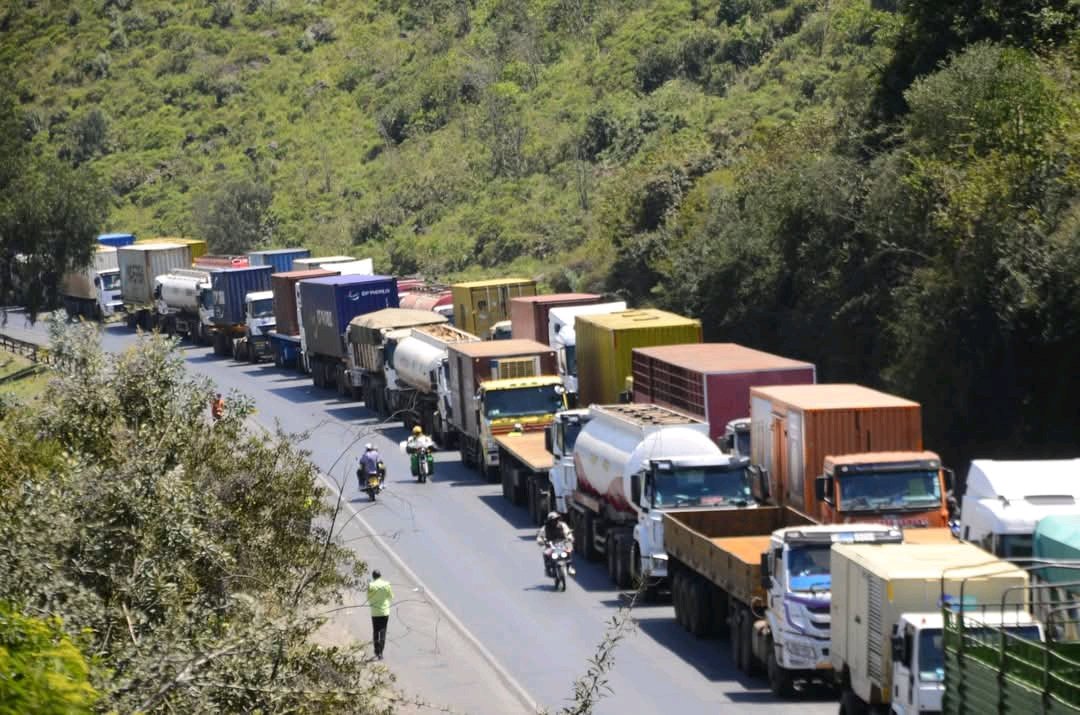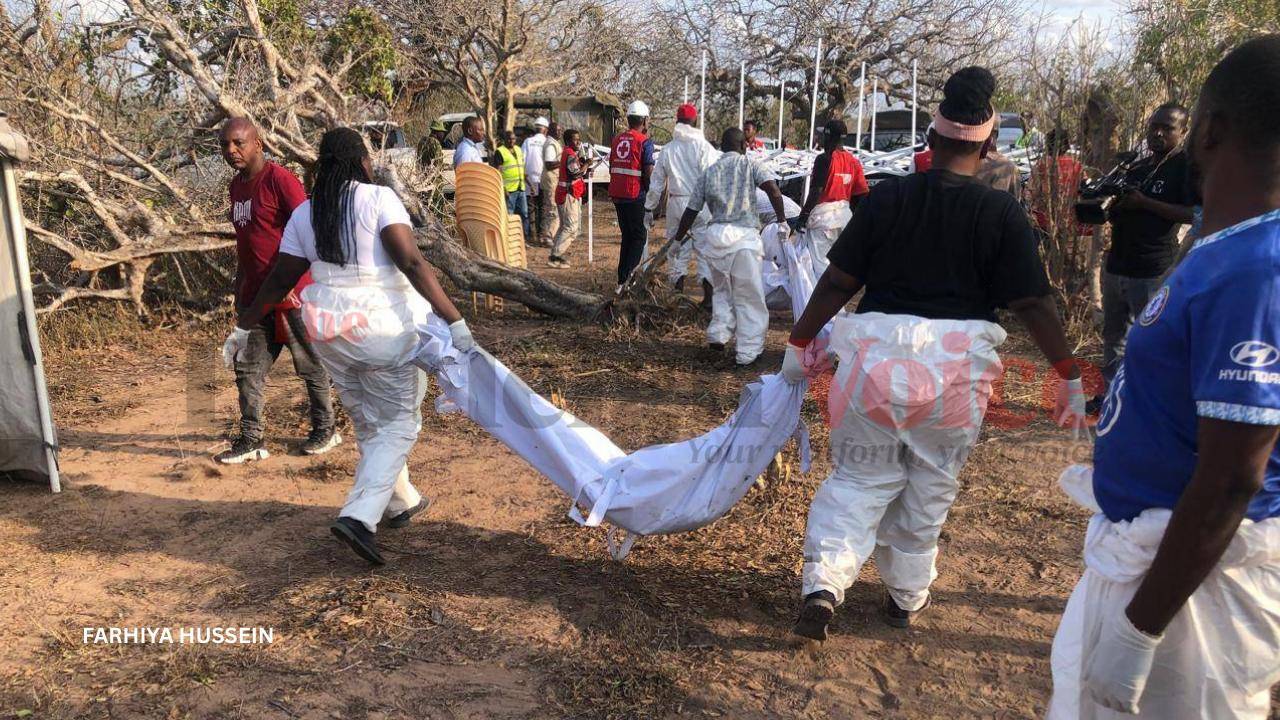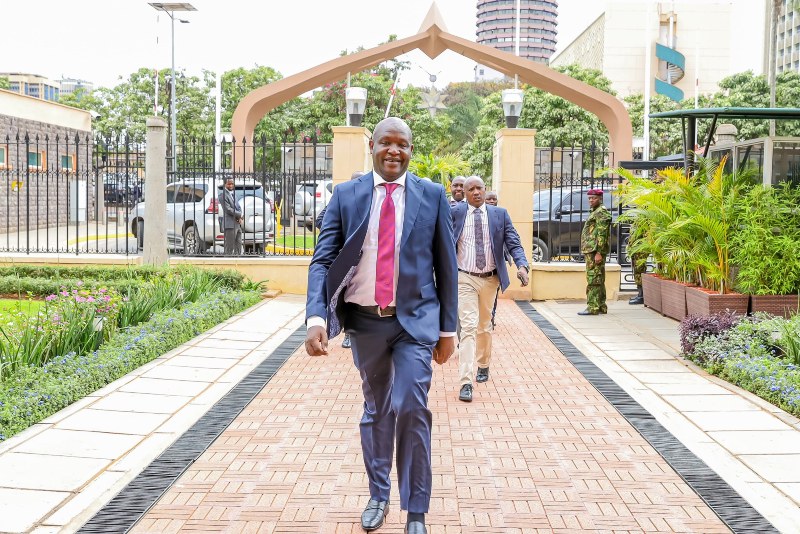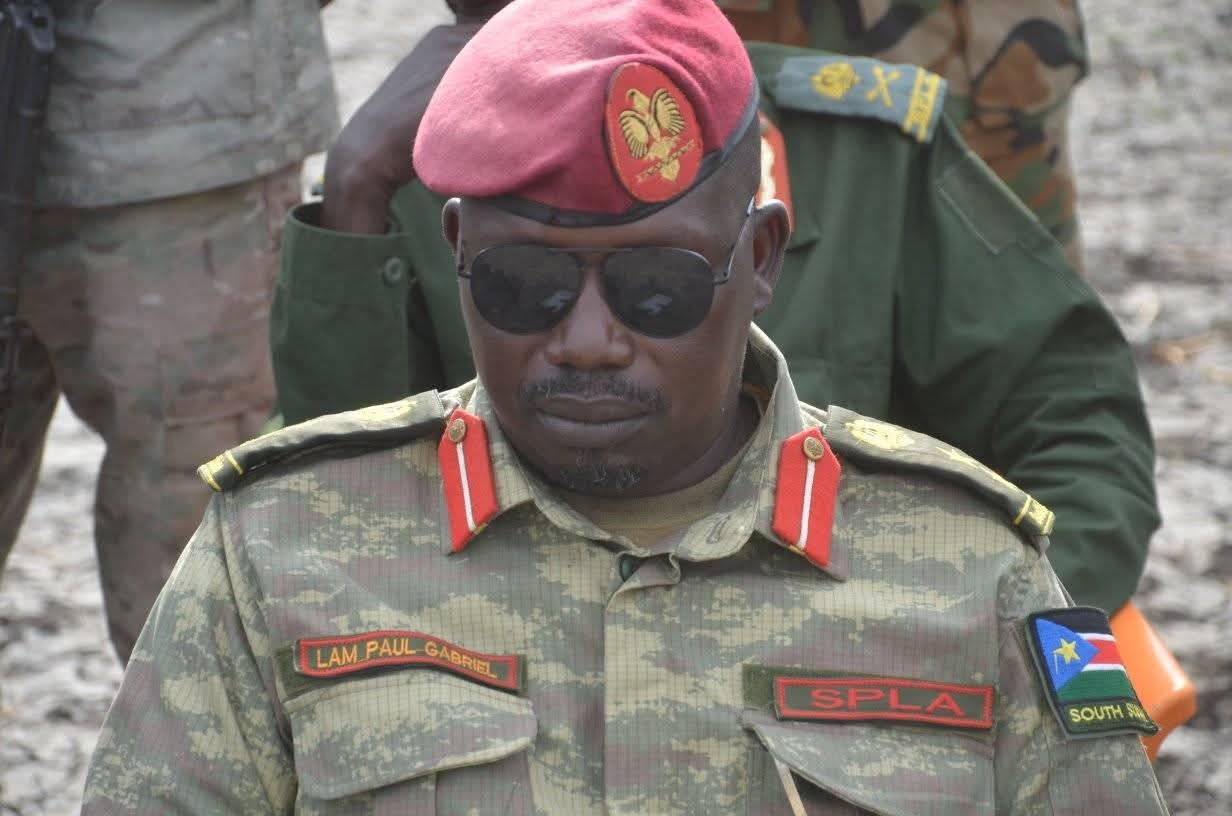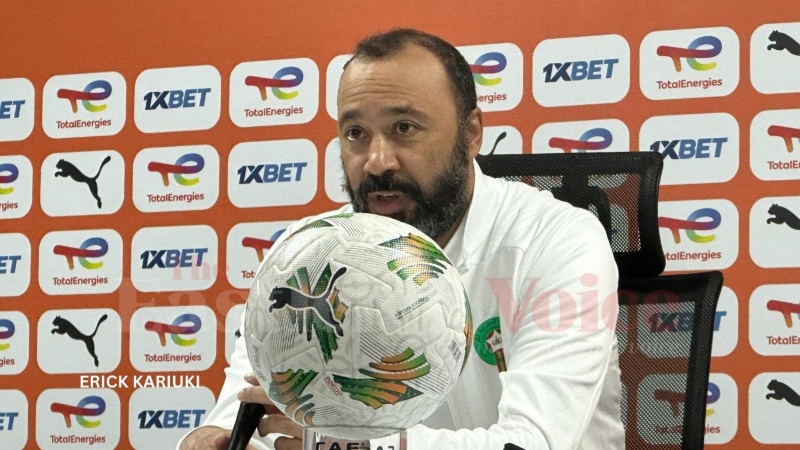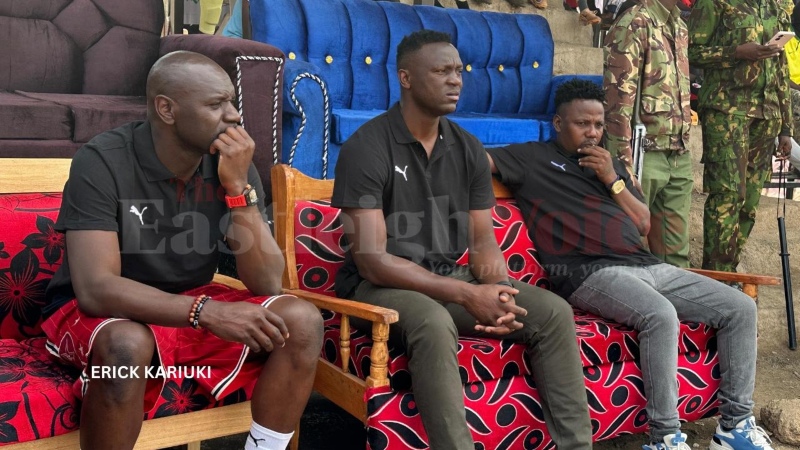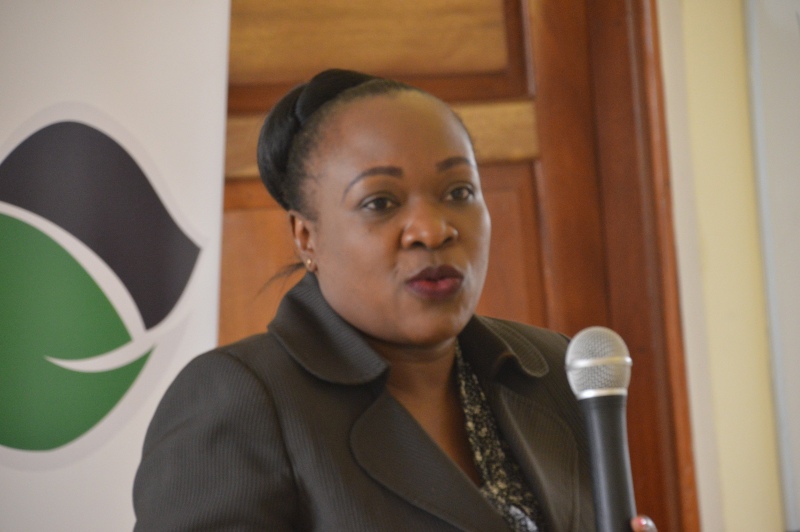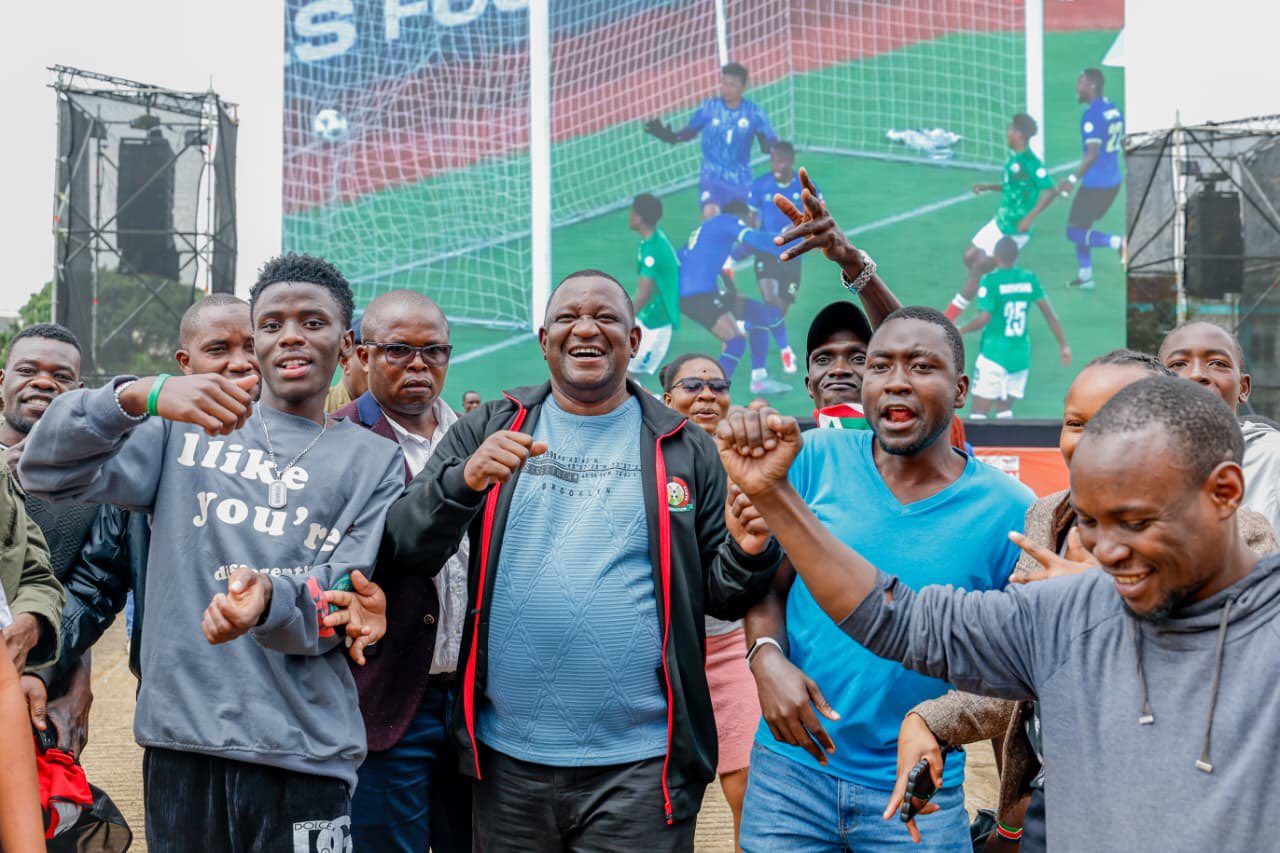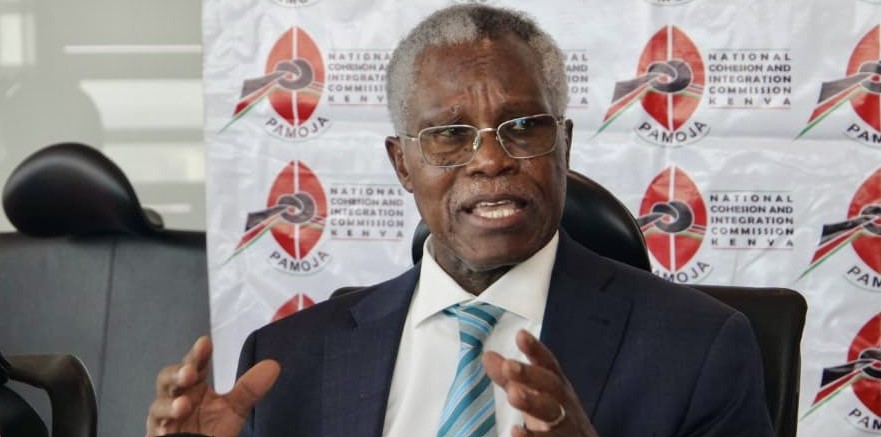Kenya can't solve Haiti's crisis alone - former UN envoy Martin Kimani
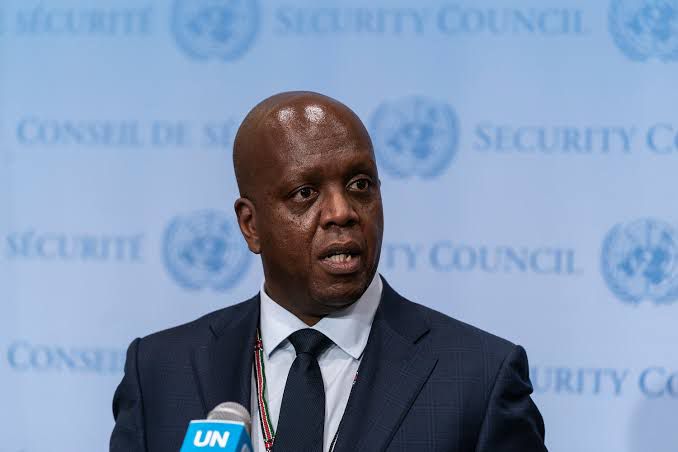
Kimani argued that Kenyan police should be provided with exceptional support and facilitation.
Former Kenyan ambassador to the UN, Martin Kimani, contends that Kenya cannot single-handedly solve Haiti's challenges but can provide a framework for Haitians to assume their political responsibilities and hold elections to establish a stable government.
During an interview on Citizen TV on Sunday, Ambassador Kimani stated, "Kenya has stretched a great deal. It started when Kenya was in the UN Security Council, but not by sending police or troops but rather raising our profile with the Caribbean."
More To Read
- ‘The people of Haiti are in a perfect storm of suffering,’ warns UN chief
- Kenyan-led forces retake Télcos Station from gangs in Haiti
- Ruto, US Secretary Rubio discuss Haiti security mission, trade as Kenya pushes UN support
- Why ‘Tomorrow is too late’ to scale up humanitarian aid in Haiti
- ‘The Wild West’: Desperation is rampant in Haiti as gangs, vigilantes spread
- World has tools to end Haiti’s crisis, it’s time to use them -humanitarian coordinator
He emphasised, "Kenya cannot solve Haiti's problem."
Kimani highlighted that Kenyan forces on the ground are performing admirably, but they are not receiving adequate support from the international community. He disclosed that the UN trust fund in New York has no more than $21,000,000(Sh2.7 billion) allocated, and the expectations placed on Kenya are unfair to both the country and its police contingent in Haiti.
"What is happening if you look at the kind of resources that the West is expending in Europe in Ukraine or Israel and you compare that to the amount they're using to support the MSS mission to Haiti it is a scandal, and perhaps the Kenyan diplomats and diplomacy are too polite to say it openly, but they should be outraged."
Kimani argued that Kenyan police should be provided with exceptional support and facilitation.
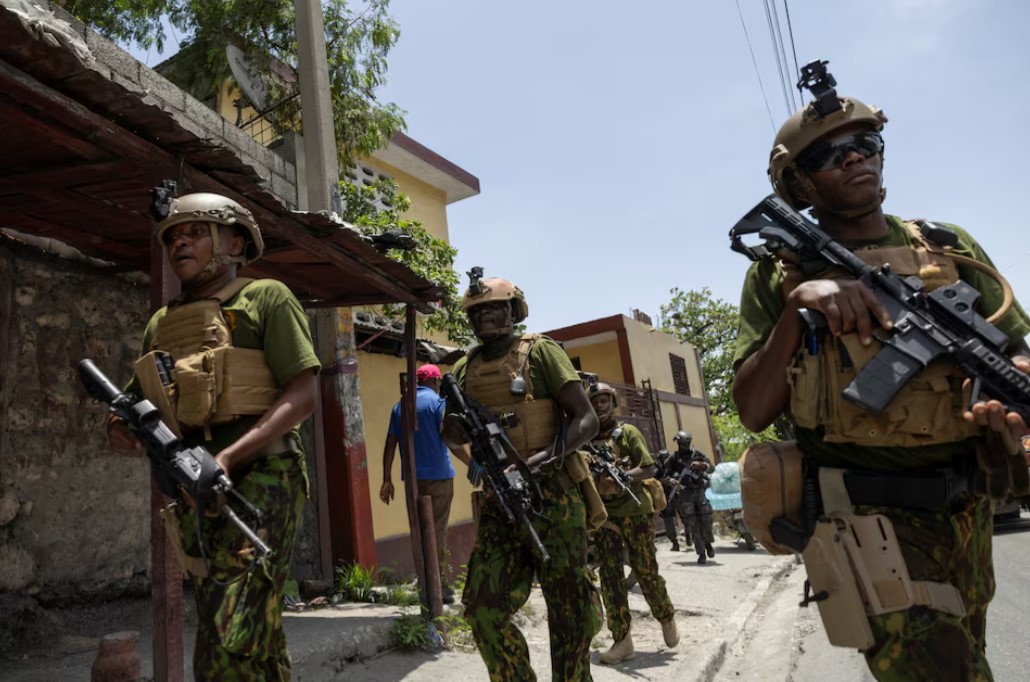 Haitian National police SWAT unit and Kenyan Police walk trough a steep hill to board an armoured vehicle after one of the vehicles broke down on a steep hill while patrolling through a neighborhood, after the arrival of the first contingent of Kenyan police as part of a peacekeeping mission, in Port-au-Prince, Haiti June 28, 2024. (Photo: REUTERS/Ricardo Arduengo)
Haitian National police SWAT unit and Kenyan Police walk trough a steep hill to board an armoured vehicle after one of the vehicles broke down on a steep hill while patrolling through a neighborhood, after the arrival of the first contingent of Kenyan police as part of a peacekeeping mission, in Port-au-Prince, Haiti June 28, 2024. (Photo: REUTERS/Ricardo Arduengo)
"The Kenyan police we have sent are more than up to the task, but their equipment and their facilitation need to be also up to the task," he stated.
He criticised Kenya's non-NATO ally, the United States, questioning its commitment to the Haiti mission and why Kenya was putting its personnel at risk without having the necessary assets.
"Where are the air assets? Where are the right assets for them to succeed?" Kimani, now the Executive Director at the New York University Center on International Cooperation, asked, emphasising that Kenya needs a clearer understanding of what "winning" in Haiti entails.
Reflecting on Kenya's traditional strengths, Kimani noted, "Kenya has traditionally done really well in mediating conflicts in our region, and this means that Kenya has a considerable store of experience and excellence in that area. I am waiting to see how Kenya makes use of that experience."
Top Stories Today
Reader Comments
Trending


